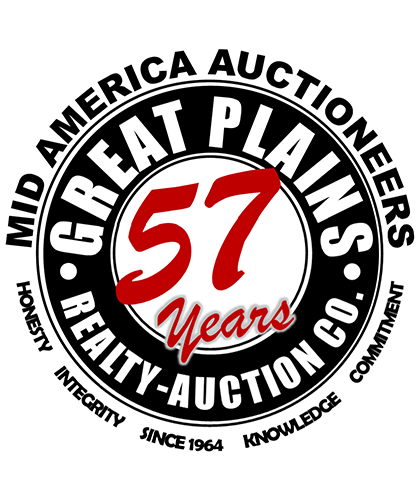Tucked behind the brightly lit new-car dealerships along L Street in south-central Omaha is another kind of auto lot.
The vehicles there are starkly different. Cars lay in jumbled rows, sitting at odd angles with crumpled front ends, cracked windshields and crushed or flat tires. Crawling over them is an army of men, some clad in greasy shop uniforms, others in Bermuda shorts with a cellular phone in their ear.
Welcome to Nebraska’s largest salvage vehicle auction, Insurance Auto Auctions, where behind the 8-foot-tall electric fence nearly 8,000 vehicles are sold yearly, from motorcycles and motor homes to buses and semitrailer trucks.
About 90 percent of the vehicles have been totaled in accidents and paid off by insurance companies, which use the auctions to recoup a portion of their settlements.
Even though some front ends are little more than accordions of buckled steel, there is no shortage of eager buyers. On this day, 189 buyers showed up to bid on more than 325 cars.
“I got 1900, now 20, give me 21, 21, 21, 21, now 22, 22, 22, now 23…sold for $2,300,” shouts auctioneer Randy Fleming, pointing at the crumpled 1997 Chrysler Sebring.
The auction truck, a modified pickup camper, quickly rolls to the next vehicle, and the bidding resumes. Little time is wasted.
Nearby, a 1993 Ford Thunderbird brings $950. It was worth $6,300 before being totaled in an accident.
That car, like most of them here, probably will be cut into parts for sale at an auto salvage yard. But the Sebring, and nearly half of the cars sold today, will probably be rebuilt and put back on the road.
It’s a great way to get a nice car at a cheap price, said one bidder, Harlan Knutson of Wakonda, S.D. He and his two sons farm, run an auction business and rebuild or sell 75 to 100 cars a year. they purchase the cars at auto auctions in Sioux Falls, Omaha and kansas City.
“We have a big family. We all drive rebuilt cars,” Knutson said. “We don’t worry about them being unsafe.”
The shape of the salvage cars at the auto auction varies widely, from a $40,000 Dodge Viper with barely a whiff of smoke damage to cars with broken out windshields and only wheels and a couple of fenders uncrunched.
Tanya Morgan, the manager of the salvage auction, said national standards are needed for what constitutes a salvage vehicle.
She said the vast majority of her customers are legitimate businessmen, hoping to make money after rebuilding the cars or trying to get a good car for themselves. Others run auto salvage yards and are seeking cars for parts.
they are sticklers for detail. A car with a salvage title, if fixed up, can bring 40 percent to 75 percent of its previous value, and buyers must have a keen eye for the expected repair costs.
There are a few bargains – cars with little damage or cars without salvage titles. those can bring more money when resold.
Morgan said the salvage industry gets a lot of bad publicity through television news shows. the target of one of the shows – a Des Moines dealer who sold flooded cars without disclosing the damage – used to buy cars at the Omaha lot, she said.
Each year, Morgan said, a couple of dealers are banned from the auction for unscrupulous practices. On this day, an undercover police officer worked the auction, checking on two men convicted recently for selling cars in Lincoln that had been patched together with stolen and salvaged parts.
“You won’t see those guys here,” Morgan said. “They left as soon as they saw the undercover cop.”
She said her auction works with authorities to solve fraud cases.
Morgan said she sympathizes with people who buy a rebuilt salvage vehicle without knowing it.
Nationwide standards would help, she said. A few people will try to beat the game, she said, but eventually they will be caught.
“It all goes back to who’s selling the car, and them being honest,” Morgan said.
